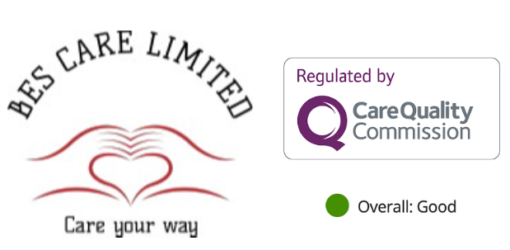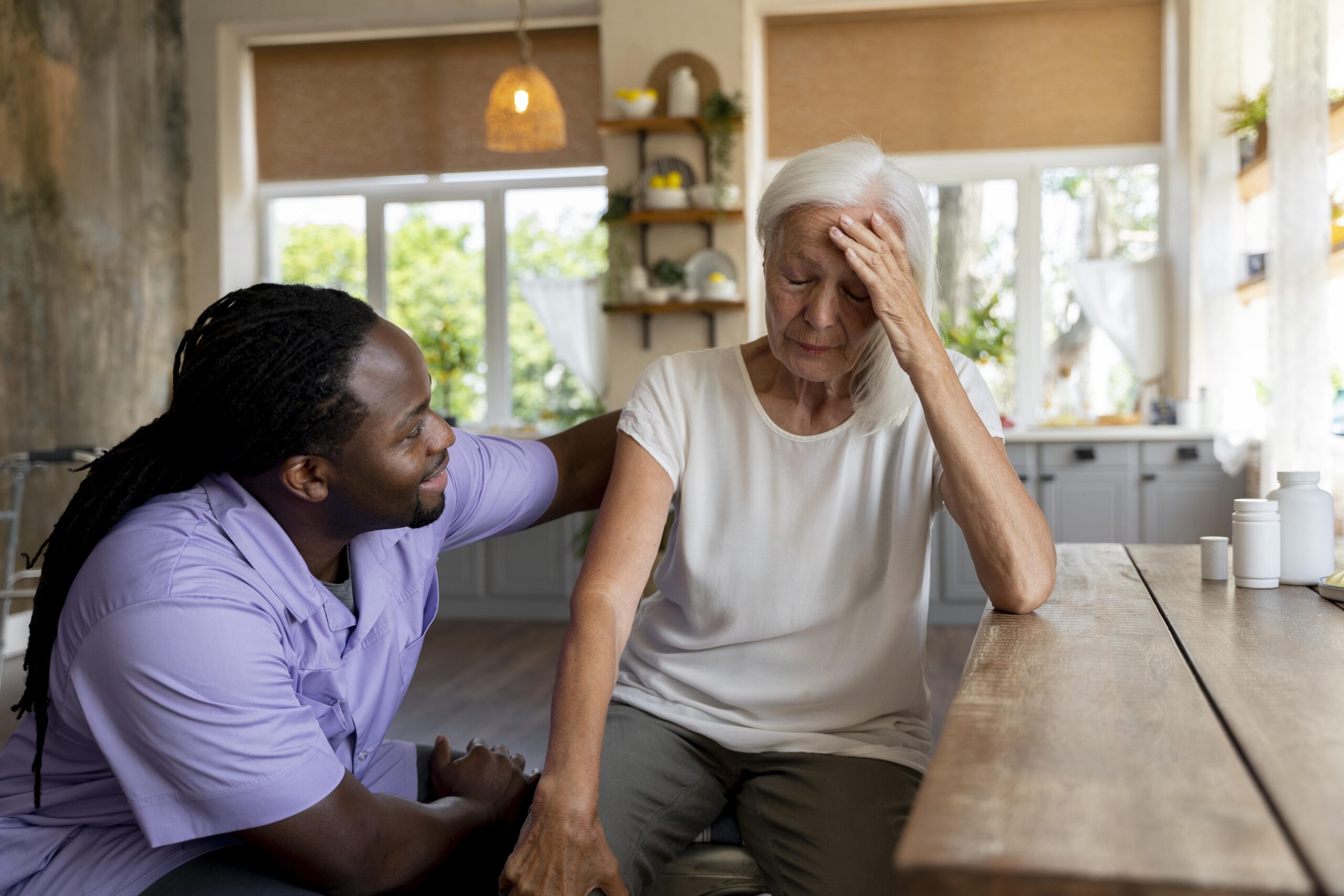This website uses cookies so that we can provide you with the best user experience possible. Cookie information is stored in your browser and performs functions such as recognising you when you return to our website and helping our team to understand which sections of the website you find most interesting and useful.
Men's Mental Health Awareness Week
- Home
- Men’s Mental Health Awareness Week: Men Get Sad Too

Nov
- admin
- No Comments
As we observe Men’s Mental Health Awareness Week, it is essential to address a critical and often overlooked aspect of mental health: the emotional challenges that men experience. The tagline, “Men Get Sad Too,” encapsulates a vital message that transcends societal norms and expectations. Mental health struggles don’t discriminate; they affect everyone, regardless of gender.
Understanding the Stigma Surrounding Men’s Mental Health
For generations, masculinity has been entrenched in a societal framework that often equates emotional expression with weakness. This outdated notion discourages men from discussing their feelings or seeking help, resulting in a silence that can have devastating consequences. A survey conducted by the Movember Foundation highlighted that nearly 50% of men feel unable to talk about their mental health.
What’s alarming is that this stigma can contribute to severe mental health issues. According to the American Psychological Association, men are more likely to engage in risky behavior, and they often turn to substances as a coping mechanism. A blog post by The Good Men Project aptly captures this sentiment, emphasizing the need for open dialogue around mental health. By sharing stories and experiences, we pave the way for broader acceptance and understanding.
In many cultures, traditional masculinity promotes attributes like emotional stoicism, self-reliance, and strength. However, it’s crucial to remember that asking for help is a sign of strength, not weakness. In his article, “Men and Mental Health: What’s the Real Issue?”, Dr. John Luce discusses how redefining what it means to be ‘masculine’ can empower men to embrace their vulnerabilities and seek help when needed.
The Importance of Open Dialogue
Opening the floodgates to discussions about mental health can lead to improved outcomes for men. According to a study published in the Journal of Clinical Psychology, individuals who engage in discussions about their mental health are more likely to identify and address issues early on. Active communication serves as a buffer against the anxiety and depression that can result from feeling isolated.
Men often underreport their emotions for fear of judgment. This week serves as an opportunity to challenge these norms. As highlighted in Harvard Health, initiating conversations about mental health can reduce feelings of loneliness and isolation. It can also foster a supportive environment in which men feel empowered to share their experiences.
Organizations like Men’s Health Network are taking significant steps to educate men about the importance of mental health discussions. Their website offers resources to educate men about recognizing symptoms of distress and navigating mental health services.
Lifestyle Changes for Enhanced Mental Well-Being
Beyond seeking open conversations and professional help, lifestyle modifications can significantly influence mental health. Integrating healthy habits into daily life can be an empowering choice. Here are several effective strategies to consider:
Regular Physical Activity:
Exercise is a potent antidote to stress, anxiety, and depression. Research shows that aerobic activities can be as effective as medication in reducing symptoms of depression. The National Institute of Mental Health states that even moderate exercise can have noticeable benefits for mental health.
Practicing Mindfulness and Meditation: Mindfulness practices such as meditation have become increasingly popular due to their proven effectiveness in managing stress. A study published in Psychological Science found that mindfulness meditation can increase emotional regulation and decrease reactive behavior. Engaging in yoga or guided meditations can help men develop mental resilience.
Establishing a Robust Support System:
Social support is critical for mental health. Connecting with others can bolster a sense of belonging, and community, and decrease feelings of loneliness. Building friendships based on trust and mutual understanding creates safe spaces for men to discuss their mental health openly.
The Role of Education and Awareness
Raising awareness about men’s mental health is vital for both current and future generations. Starting conversations in schools, workplaces, and community centers can help dismantle the stigma. Initiatives that promote mental health awareness, such as workshops and training sessions, can create environments where men feel comfortable sharing their feelings.
TED Talks and online platforms often feature discussions focusing on men’s mental health. In particular, talks by advocates like Kevin Hines, who survived a suicide attempt, have sparked important discussions about mental health awareness and the need for more open dialogue. Similarly, Mental Health First Aid training equips individuals with the tools to support those struggling with mental health challenges.
Breaking Down Barriers: A Call to Action
This week, let’s commit collectively to breaking down the barriers facing men in mental health discussions. Share your own stories, offer support to your friends, and take advantage of available resources. Online communities such as Reddit’s r/MensMentalHealth and platforms like The Mighty continue to amplify voices, foster connections, and provide necessary support.
My final thoughts, as we navigate Men’s Mental Health Awareness Week, let’s reinforce the message: “Men Get Sad Too.” We must recognize and validate the emotional experiences of men while encouraging them to prioritize their mental health. By fostering open dialogue and creating supportive communities, we can change.
Feel free to share your thoughts, experiences, or resources in the comments below. Together, we can foster a safe space for men to speak up about their mental health.

At Bes Care, we are dedicated to providing high-quality and compassionate care services that empower individuals to live comfortably and independently in the comfort of their own homes
Quick Link
Contact Us
- Unit 1, Court yard Business center, Southwold drive. Nottingham. NG8 1PA
- info@bescarelimited.co.uk
- 011 5891 5786




Leave A Comment